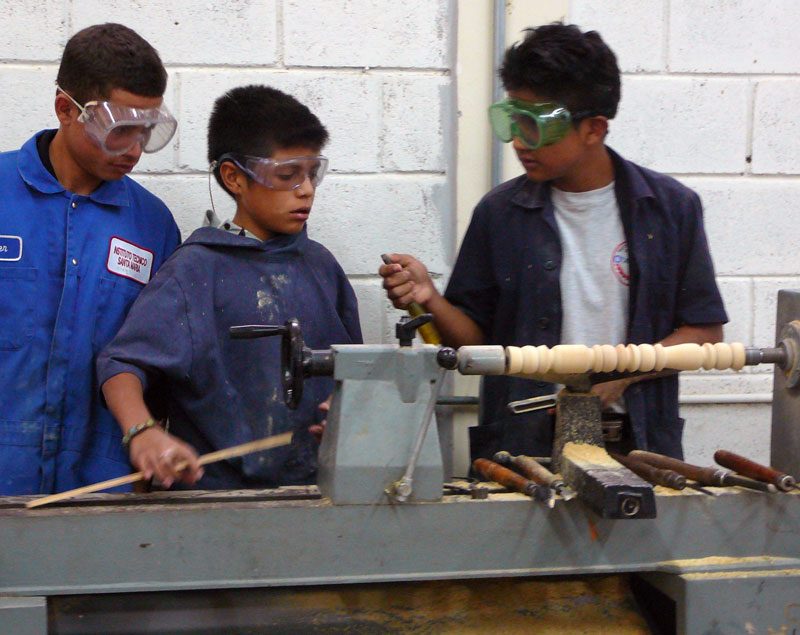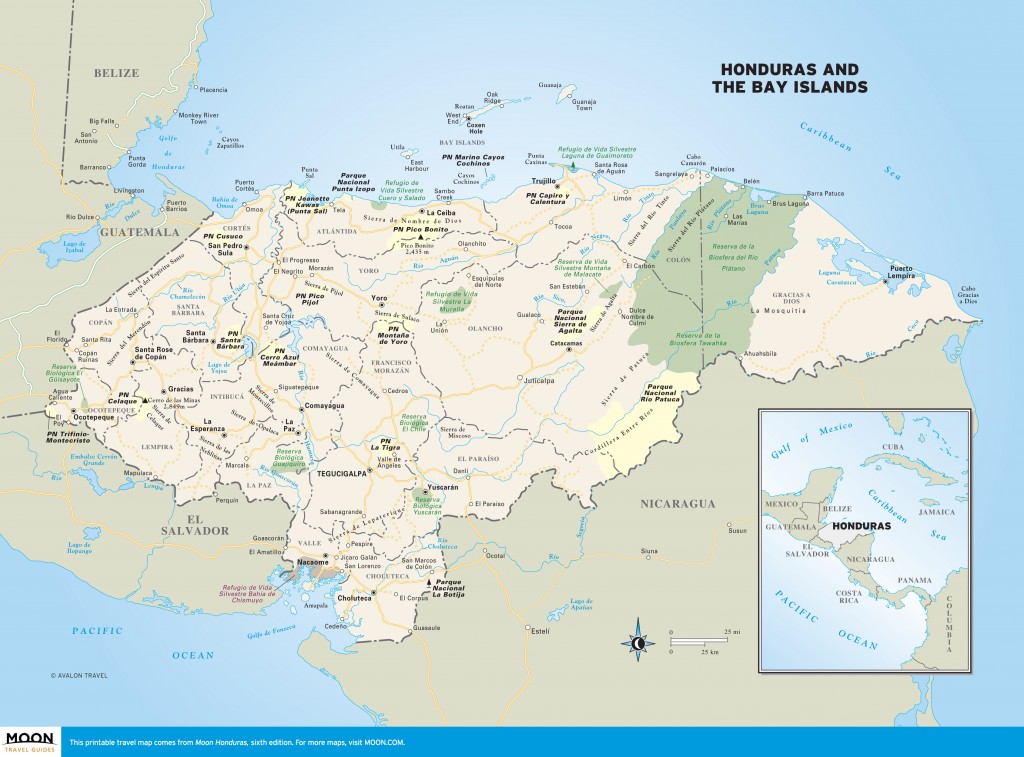
Volunteer opportunities in Honduras include El Hogar which provides schooling to hundreds of children. Photo courtesy of El Hogar.
Honduras lies at the heart of Central America, bordered by Guatemala, El Salvador, and Nicaragua. The country boasts a long Caribbean coast, as well as a short Pacific one, with palm trees, golden sands, intricately carved Mayan ruins, jungle and cloud forests studded with wildlife, sleepy colonial towns, and bustling cities. While each region offers unique experiences, the warm, easygoing attitude of the catrach, as Hondurans call themselves, is found everywhere. Spanish is the country’s official language, but English is spoken as often as Spanish on the Bay Islands, and the culture is more closely related to the Caribbean than the rest of Honduras.More than 90 percent of Hondurans are mestizos, also called ladinos (persons of mixed European and Central American Indian ancestry). An estimated 7 percent are of indigenous descent. Roughly 4 percent of the population is black (mostly Garífuna, who trace their ancestors to the island of San Vincente). The Garífuna live along the north coast and speak the Garífuna language, as well as Spanish and English. Black Caribs are English speaking and trace their ancestors to Jamaica; they live mostly on Roatan. Roughly half of the population still lives in rural areas, and just over 50 percent of the population is under 18 years old. In 2011, the World Bank calculated the gross national income per capita at US$1,970, ranking Honduras the third-poorest country in the Western Hemisphere (after Nicaragua and Haiti). This means that it’s a good place to work side by side with people striving for a better life.Volunteer opportunities are spread across the country and include even the most touristed spots: the Mayan ruins of Copán, the idyllic Bay Islands, and along the palm-lined north coast. Volunteers can choose between projects in construction or conservation, teaching children English or playing sports, or working on an organic coffee farm. A few days of rest can easily be tacked onto trips anywhere along the north coast. Spanish is the country’s official language, but English is spoken as often as Spanish on the Bay Islands, and the culture is more closely related to the Caribbean than the rest of Honduras. Adventurous volunteers can head off the beaten track to one of countless small towns dotting the countryside to work in education or agriculture, while urbanites may prefer to work with disadvantaged youth in one of Honduras’s two major cities, San Pedro Sula and Tegucigalpa.
Whichever opportunity you choose, you’ll soon realize that you’re not alone—as soon as you spot a group of folks in matching T-shirts proclaiming your medical brigade or church mission on your flight.

Honduras
Excerpted from the First Edition of Moon Volunteer Vacations in Latin America.